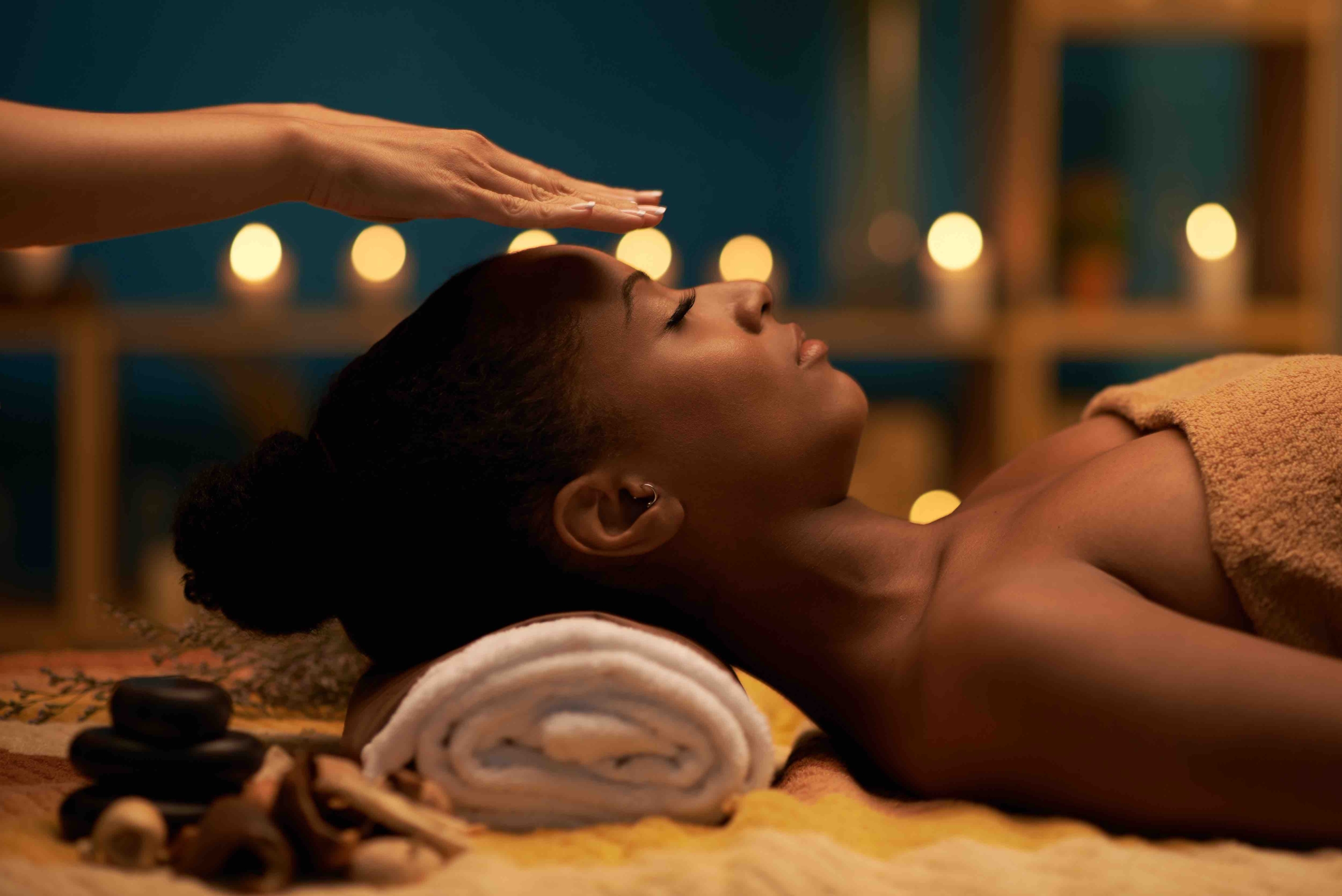Reiki is a holistic and spiritual healing practice with its origins in Japan during the early 20th century. The practice is rooted in the belief that a Reiki practitioner can channel healing energy into a recipient through touch or by placing their hands near the recipient’s body. Reiki aims to promote physical, emotional, and spiritual well-being.
The history of Reiki traces back to Mikao Usui, a Japanese Buddhist monk. In the early 1920s, Usui is said to have experienced a spiritual revelation during a meditation retreat. This experience led to the development of Reiki as a natural healing system. He believed that the ability to channel healing energy, often referred to as “ki” or “universal life force energy,” was accessible to anyone and not limited to a select few. To facilitate the flow of this energy, Usui created a system of symbols and hand positions.
In essence, Reiki is a non-invasive energy healing modality. It operates on the principle that when the life force energy within the body is blocked or disrupted, it can result in physical or emotional ailments. Reiki practitioners are attuned to this energy and serve as conduits to channel and transmit healing energy to the recipient. This energy is believed to activate the body’s natural healing processes, remove blockages, and restore the body’s natural state of balance.
In modern times, Reiki has gained popularity as a complementary and alternative therapy. It is commonly used for stress reduction, as Reiki sessions induce relaxation and help alleviate stress-related physical and emotional burdens. Reiki is also used for pain management, emotional healing, and energy balancing. It can address emotional and mental imbalances, align and cleanse the body’s energy centers or chakras, and promote emotional well-being.
Reiki is often sought as supportive care, accompanying conventional medical treatments to enhance overall well-being and support the healing process. Moreover, it is seen as a pathway to spiritual growth and self-awareness, enabling individuals to explore their spiritual journeys and develop deeper connections to themselves and the universe.
Reiki sessions are typically conducted in a peaceful and tranquil environment, with the recipient fully clothed and either lying down or seated. The practitioner follows a sequence of hand positions, placing their hands on or near specific areas of the recipient’s body. Sensations such as warmth or tingling may be experienced, along with deep relaxation. The number of sessions required varies based on individual needs and objectives.
Reiki remains an embraced and respected holistic approach to healing in modern times, promoting balance, relaxation, and overall well-being. It complements conventional medical practices when appropriate, and its effectiveness and benefits are often a matter of personal experience and belief
